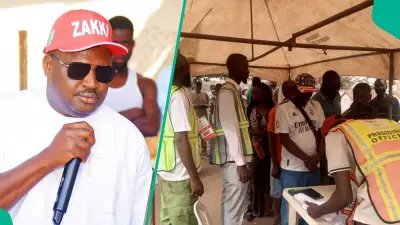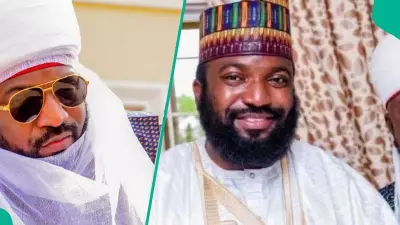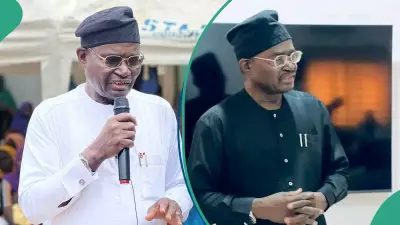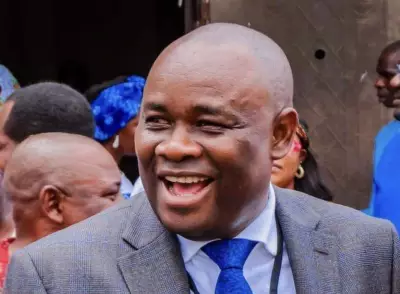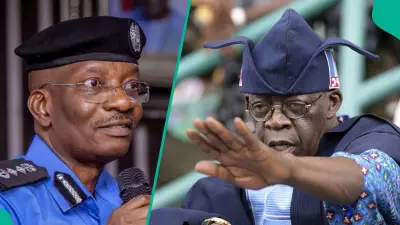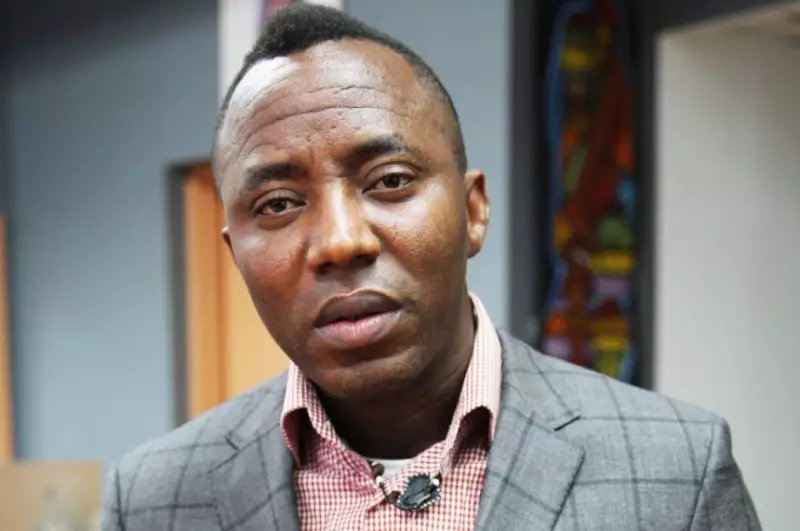
In a dramatic courtroom development that has captured national attention, prominent Nigerian activist and politician Omoyele Sowore narrowly escaped an arrest warrant on Tuesday after his unexpected absence from the Federal Capital Territory High Court in Abuja.
The controversial figure, known for his fiery political activism and previous presidential bids, was scheduled to appear before Justice Justice O.C. Agbaza to face defamation charges brought by businessman and cousin to former President Goodluck Jonathan, Robert Azibaola.
Courtroom Tension and Legal Maneuvering
The courtroom atmosphere grew tense as Sowore's legal representative, Marshal Abubakar, addressed the court regarding his client's conspicuous absence. Abubakar explained that Sowore had traveled to Ondo State for the Nigerian Union of Journalists (NUJ) Press Week, presenting what he described as a "genuine reason" for missing the court proceedings.
Prosecuting counsel Fidelis Ogbobe, however, expressed strong opposition to the activist's absence, emphasizing the seriousness of the defamation allegations. Ogbobe's arguments highlighted the prosecution's position that Sowore's failure to appear demonstrated disregard for the judicial process.
Judge's Ruling Avoids Immediate Arrest
In a decision that spared Sowore immediate legal consequences, Justice Agbaza declined to issue the arrest warrant sought by the prosecution. Instead, the judge adjourned the case until February 13, 2024, giving Sowore another opportunity to present himself before the court.
The legal battle stems from allegations that Sowore made defamatory statements against Azibaola during an interview with Roots TV. The businessman claims these remarks have damaged his reputation and is seeking legal redress through the Nigerian judicial system.
Background of the Political Firebrand
Omoyele Sowore remains one of Nigeria's most prominent and controversial political activists. The former presidential candidate and founder of Sahara Reporters has built a reputation for confronting powerful interests and advocating for governmental transparency.
This case represents another chapter in Sowore's long history of legal challenges and confrontations with Nigerian authorities. His absence from court and the subsequent legal proceedings have reignited discussions about freedom of speech, accountability, and the relationship between activists and the judicial system in Nigeria.
As the February court date approaches, all eyes will be on whether Sowore will appear to defend himself against these defamation claims or risk more severe legal consequences for his continued absence.


